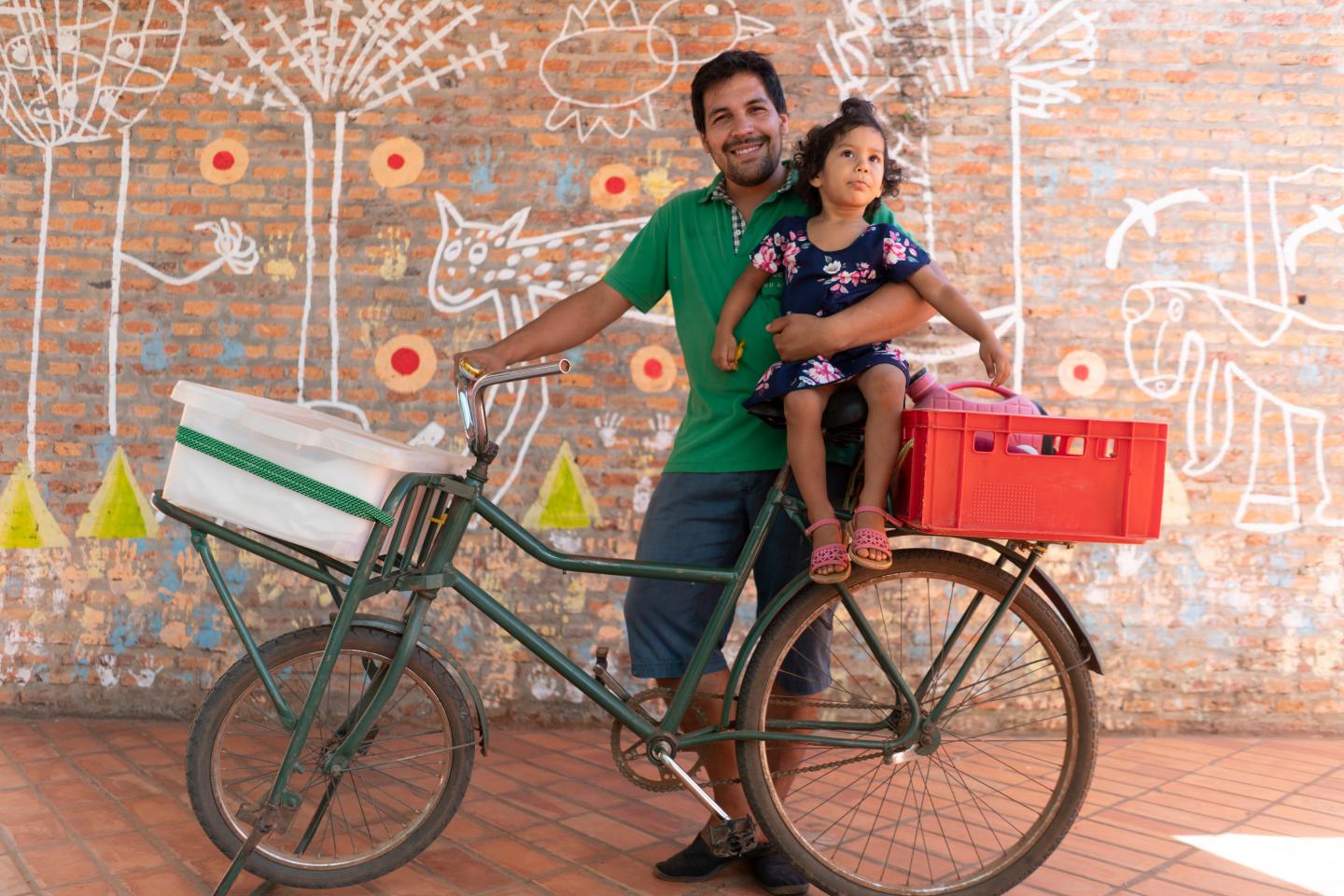Parenting is not an easy job, but it can be made easier with the practice of mindfulness. Mindful parenting is a philosophy that emphasizes the importance of being present in the moment and being aware of our thoughts, feelings, and actions as parents. In this article, we will explore the benefits of mindful parenting and provide tips and strategies for raising children with awareness and compassion.
1. What is Mindful Parenting?
Mindful parenting is the practice of being present and fully engaged with your child in the moment. It involves paying attention to your own thoughts and feelings as a parent, as well as your child’s needs and feelings. Mindful parenting also involves using awareness and compassion to guide your interactions with your child.
2. The Benefits of Mindful Parenting
There are many benefits to practicing mindful parenting. For one, it can help parents build stronger relationships with their children. When parents are fully present and engaged with their children, it helps to build trust and create a deeper emotional connection.
Mindful parenting can also help children develop a stronger sense of self-awareness and self-regulation. When parents model mindfulness and emotional regulation, it can help children learn to regulate their own emotions and behavior.
Finally, practicing mindful parenting can help parents reduce their own stress and anxiety. By staying present in the moment and focusing on their child’s needs, parents can reduce the distractions and worries that can cause stress.
3. Strategies for Mindful Parenting
Here are some strategies that parents can use to practice mindful parenting:
1. Be Present and Focus on Your Child
One of the most important aspects of mindful parenting is being fully present in the moment. When you are spending time with your child, try to focus your attention on them and on your interaction with them. Avoid multitasking or getting distracted by other things.
2. Practice Self-Care
In order to be fully present and engaged with your child, it’s important to take care of yourself as well. This means getting enough sleep, eating well, and taking time to recharge your own batteries.
3. Listen with Empathy
When your child is talking to you, make an effort to really listen to what they are saying. Try to understand their perspective and respond with empathy and compassion.
4. Set Limits and Boundaries
Mindful parenting doesn’t mean being permissive or letting your child do whatever they want. It’s important to set clear limits and boundaries for your child’s behavior, while still being compassionate and understanding.
5. Encourage Mindful Activities
There are many activities that can help promote mindfulness in both parents and children. Examples include yoga, meditation, and mindful breathing exercises.
4. Mindful Parenting Tips for Different Ages
Here are some tips for practicing mindful parenting at different stages
1. Mindful Parenting for Infants and Toddlers
- Be fully present during feeding, diaper changes, and playtime
- Use a calm and gentle tone of voice when interacting with your child
- Respond to your child’s needs promptly and with empathy
- Practice self-care to manage the stress of caring for a young child
2. Mindful Parenting for Preschoolers
- Encourage your child to express their emotions and feelings
- Model mindfulness and emotional regulation in your own behavior
- Provide opportunities for imaginative play and creative expression
- Set clear and consistent boundaries for behavior, while still being understanding and compassionate
3. Mindful Parenting for School-Aged Children
- Listen actively and empathetically to your child’s concerns and questions
- Encourage your child to be mindful of their own thoughts and feelings
- Provide opportunities for physical activity and outdoor play
- Model healthy habits and self-care practices
4. Mindful Parenting for Teenagers
- Practice active listening and non-judgmental communication with your teen
- Respect your teen’s need for independence and privacy, while still providing guidance and support
- Encourage your teen to develop healthy coping strategies for stress and anxiety
- Model responsible technology use and set clear boundaries for screen time
5. Mindful Parenting and Discipline
Discipline is an important aspect of parenting, but it can be challenging to discipline in a mindful and compassionate way. Here are some tips for practicing mindful discipline:
- Focus on teaching rather than punishing
- Use positive reinforcement and praise when your child exhibits good behavior
- Set clear expectations and consequences for behavior, and follow through consistently
- Take time to reflect on your own emotional state before disciplining your child
6. Mindful Parenting and Technology
Technology can be both a helpful tool and a source of distraction and stress for families. Here are some tips for practicing mindful technology use:
- Set clear boundaries for screen time, both for yourself and your child
- Model responsible technology use by limiting your own screen time and avoiding distractions during family time
- Encourage your child to use technology mindfully by taking breaks, avoiding multitasking, and being aware of their own emotional reactions to technology use
7. Conclusion
Mindful parenting is a powerful approach to raising children with awareness and compassion. By practicing mindfulness and focusing on our interactions with our children, we can build stronger relationships and help our children develop important skills like self-awareness and emotional regulation. By following the tips and strategies outlined in this article, parents can start to incorporate mindful parenting practices into their daily routines.







